3M National Teaching Fellows announced
Professors recognized for outstanding classroom work
Share
The 3M National Teaching Fellowship was born out of a partnership between the Society for Teaching and Learning in Higher Education and 3M Canada in 1986 as a way to reward excellence in university teaching and leadership.
“These are the teachers who open windows and change lives,” says Arshad Ahmad, a 3M fellow, the society’s president and McMaster’s new associate vice-president of teaching and learning. “Leaders doing work beyond their own institutions… champions we want to learn from.”
The fellows become life members of the society, participate in its annual meeting and attend a teaching retreat in Banff, Alta., where they create new ways to foster academic excellence.
In some very personal essays, the erudite members of this exclusive club explain why teaching is so important and how they do it so well. Click on their names to read the essays. More will be posted each day.
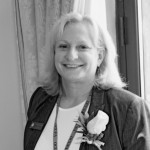 Donna Marie Eansor
Donna Marie Eansor
Faculty of Law, University of Windsor
Eansor is lauded as an advocate for teaching and equitable access to education, but her biggest fans are her students, who say the approachable prof is the kind of academic who learns as much from her students as they learn from her.
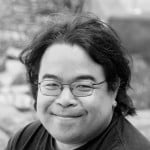 Cameron Tsujita
Cameron Tsujita
Department of Earth Sciences, University of Western Ontario
Tsujita’s educational leadership involves peer mentoring, workshops, conferences, video, TV, radio and publications. Cam, as he is known on campus, is described as “a one-in-a-million prof,” while a colleague says he is “the best teacher in our group.”
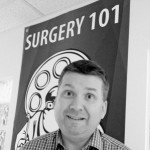 Jonathan White
Jonathan White
Department of Surgery, University of Alberta
The “reflective surgeon” reaches more than a million med students worldwide with his Surgery 101 podcasts, but its production never gets in the way of teaching students how to be surgeons, or helping to train more than 160 new surgeons how to teach.
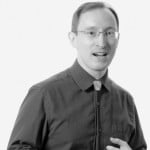 Philippe Caignon
Philippe Caignon
Département d’études françaises, Concordia University
This “guardian angel” and “mind-blowing professor” calls his students his “primary caregivers.” For this linguistics professor, teaching is less about the transmission of knowledge, and more about relationships, personality and emotional class dynamics.
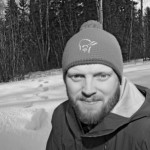 Patrick Maher
Patrick Maher
Department of Community Studies, Cape Breton University
Maher, who named his son after the Fraser River, has a reverence for the natural environment that drives his teaching. Known for his field schools, he has a respect for curiosity and strives to develop a sense of trust and wonder.
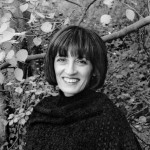 Maureen Volk
Maureen Volk
School of Music, Memorial University
Volk, a self-proclaimed “humanist and geek,” lives to teach. Her relationship with her students is unique and personal: Each gets at least an hour-long piano lesson a week. Her devoted students, one of whom called her a “saint,” say she changes lives.
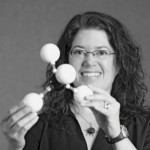 Pippa Lock
Pippa Lock
Department of Chemistry and Chemical Biology, McMaster University
In a chemistry class with more than 2,500 students, Lock likes to get their attention by making things explode. She sustains interest by finding a way to connect with every one. “To watch Dr. Lock in action is
to witness something magical,” says a peer.
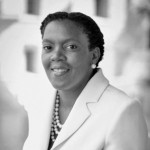 Carol B. Duncan
Carol B. Duncan
Department of Religion and Culture, Wilfrid Laurier University
This master teacher is known internationally for her work on the African diaspora, but she ignites intellectual curiosity with a narrative approach to teaching that includes performing and visual arts and the voices of witnesses and commentators.
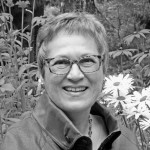 Rosemary Polegato
Rosemary Polegato
Department of Commerce, Mount Allison University
An exceptional mentor who creates opportunities for experiential learning, Polegato’s business students help plan events for New Brunswick’s Culture Days, “a shining example of how the university and community can collaborate.”
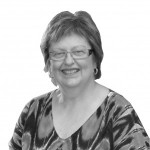 Jacqueline Murray
Jacqueline Murray
Department of History, University of Guelph
This medieval history scholar gets out of her comfort zone and pushes students to do the same; teaching is an “intellectual aerobic activity.” She wants students “to be empowered by the realization that everything is open to interrogation.”